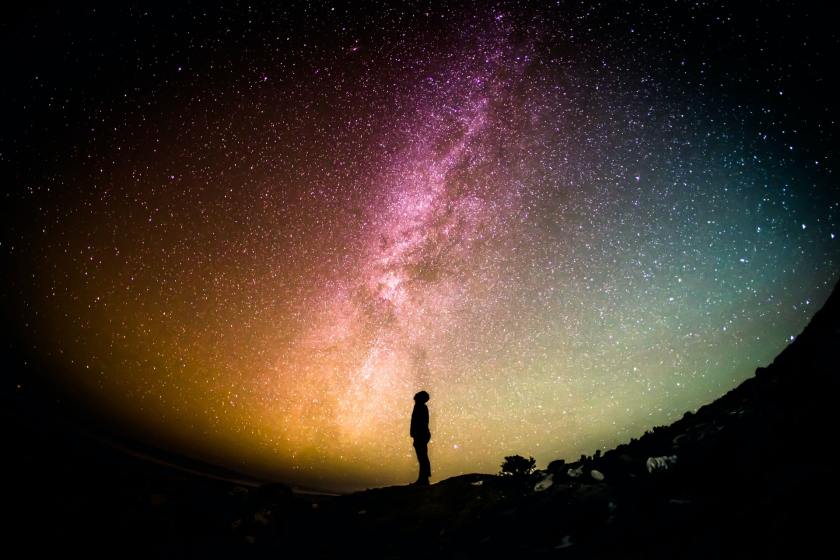
I recently rejoined the dating world again, yeah I know…
Once I finally logged in and agreed to their new terms, I was able to get my old profile back partly using my GDPR request. Its interesting to see whats changed and how awful the dating apps have gotten (really badly money driven). Thats a whole blog to its self but I also found the options of orientation and what you are looking for really interesting.
In Okcupid I was given these options for who I am seeking.
- Straight
- Gay
- Bisexual
- Lesbian
- Queer
- Pansexual
- Questioning
- Hetroflexible
- Homoflexible
- Asexual
- Grey-asexual
- Demisexual
- Reciprosexual
- Akiosexual
- Aceflux
- Grayromantic
- Demiromantic
- Recipromonatic
- Akioromantic
- Aroflux
Wow this is quite something. I generally say LGBTQA+ but I hadn’t really thought that much about the + aspect.
Being curious minded I started to look into the different spectrum’s. For example the affection orientation- sexual, romantic and friendship. Its all quite amazing but I couldn’t find a map, which would have made things a little easier to understand the relationships between each one. I did find that each one had its own flag however.
In Bumble
I made the mistake of trying to be too woke. by setting my status to cisgender male, thinking this means I was assigned male at birth and identify as male. On top of this I set my settings to seek females.
However I looking while swiping around, its clear I am getting men in my feed. Its clear its not a mistake as they self-identify as male and are not seeking other male. Even if they were, I’m seeking women. Of course I changed this twice and can not change it now. Bumble said contact them and of course I have and had disappointing replies.
Thanks for contacting Bumble
Hello,
Thanks for reaching out!
If you’re seeing users of the wrong age or gender, it might be that your filter settings are incorrect. Please check that you have selected the correct filter preferences in your settings menu.
If you are still experiencing this issue please let us know and we’ll be happy to investigate.
Emma
Bumble Feedback Team
Seriously, like I haven’t triple checked my settings! I tried a few other times but got the same reply, so given up. I always liked the idea of Bumble but found the montization model far too aggressive for a casual mobile dating user like me.
To this situation has the benefit of checking out how little effort cis-males are putting into their bumble profiles. Generally its some bad pictures and little to no text. Heck I have only seen a couple who even put some basic details down.







